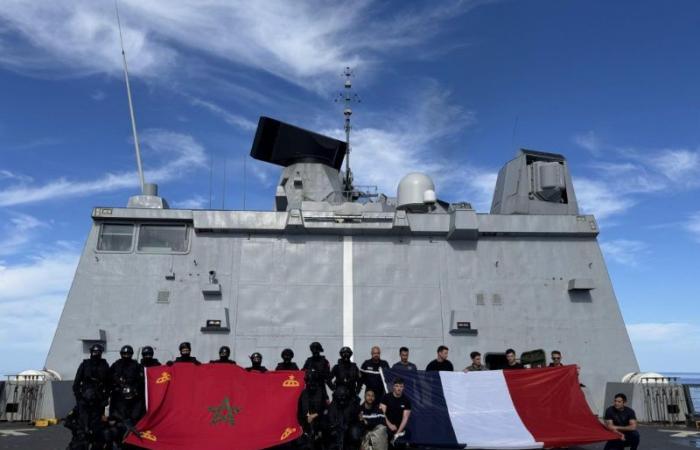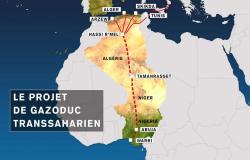Between joint naval maneuvers with France and doctrinal alignment with NATO standards, the Royal Armed Forces (FAR) refine their defense posture in a geostrategic environment in recomposition.
Off the coast of the Mediterranean, in the wake of the French aircraft carrier Charles de Gaulle, the Moroccan frigate Mohammed VI split the waters alongside the ships of the French Navy. It is not a simple demonstration of strength. This is the concrete illustration of an assumed strategic partnership. By integrating the French aeronaval group during joint exercises, Rabat affirms its desire to strengthen its operational convergence with its historic partner, at a time when regional military balances are redrawing.
This naval cooperation is not isolated. It is part of a larger dynamic, where the FAR seek to fit into a plural security architecture, based both on bilateral alliances and multilateral alignments. The holding, in Rabat, of a technical session dedicated to interoperability with NATO standards is tangible proof. The kingdom, a privileged partner of the Alliance, thus crossed a level in its doctrinal transformation, by stopping at the most demanding Western frameworks.
Read also: Morocco-France: a conjuncture favorable to strengthening strategic partnership
This double anchoring – French and Atlanticist – translates a major strategic inflection: for Rabat, national security can no longer be thought in a vacuum. It must be part of a network of complementarities where doctrinal coherence, technological compatibility and operational coordination become the levers of a credible and efficient defense.
The active participation of FAR in increasingly complex joint devices also strengthens their international visibility. It accredits, by practice, their ability to fit into enlarged coalitions, to operate according to proven standards, and to play a stabilizing role in a region crossed by increasing tensions, from the Sahel to the Mediterranean.
Beyond the military field, it is a political vision that asserts itself. That of a Morocco which intends to combine strategic sovereignty and security integration, in a logic of projection, but also of deterrence. By relying on its traditional alliances and consolidating its interoperable capacities, Rabat intends to position itself as a pivot actor of regional collective security, both reliable, agile and strategically aligned.








